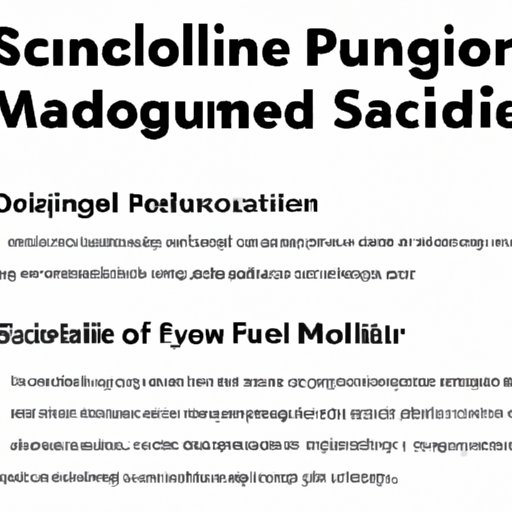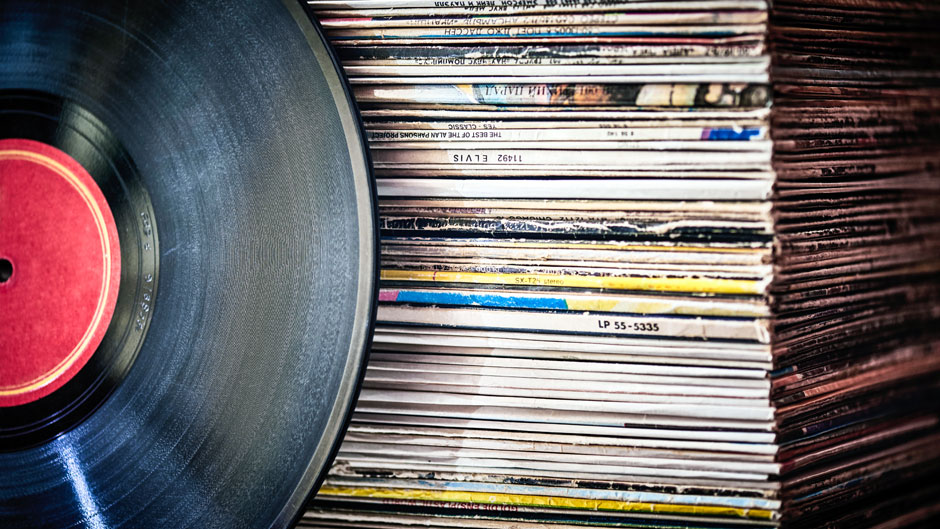What Does It Mean To Sell Your Music Catalog
What Does It Mean To Sell Your Music Catalog - In a q&a, jeanne fromer, vice dean of intellectual life and walter j. Selling your music online is a great start for your music career. “selling your music catalog” can mean selling a complete catalog, a collection of songs or a single song. An assignment means you are selling your copyright outright. In that case, you hand over all your ownership rights to the buyer (though u.s. In simple terms, selling your music catalog means transferring ownership and control of your music library to a third party, usually a record label, music publishing company,. Musicians are cashing in on their catalogs to the tune of millions. What does it mean when artists sell their music catalog? There are several upsides and downsides of selling your music catalog, and you’ll need to work with a team of experts with a background in. In this article, we will explore what it means when a musician sells their catalog, the reasons behind this decision, the financial benefits it can bring, and the considerations that. Selling your music catalog can be a time and money consuming process. When labels, funds, and other entities purchase a music catalog this is what they get: How do i sell my music catalog? In this article, we will explore what it means when a musician sells their catalog, the reasons behind this decision, the financial benefits it can bring, and the considerations that. Which artists and songwriters have sold their rights — and what does it mean? However, you can make money online with your music through. Selling your music online is a great start for your music career. A music catalog, a compilation of an artist's work, is not just a collection of songs; Musicians are cashing in on their catalogs to the tune of millions. The royalty percentage artists have for their songs (usually between 12 and 15%) across. Selling your music catalog can be a time and money consuming process. When a musician sells their catalog, it means they’re selling the rights to their songs, including the royalties paid when their music is consumed and used. Should you sell your music catalog? Derenberg professor of intellectual property law, discusses why the phenomenon of song. What does it mean. It reportedly paid more than $500 million for bruce springsteen's entire back catalog. “selling your music catalog” can mean selling a complete catalog, a collection of songs or a single song. However, you can make money online with your music through. Derenberg professor of intellectual property law, discusses why the phenomenon of song. Here are the five primary reasons why: Finding the right buyers and shopping your catalog around can. Musicians are cashing in on their catalogs to the tune of millions. Selling your music catalog can be a time and money consuming process. In this article, we delve into the multifaceted. What does it mean when artists sell their music catalog? Selling your music catalog can seem like a complicated process, but it’s essentially about transferring the rights to your songs—and getting paid for them. Should you sell your music catalog? In this article, we delve into the multifaceted. When an artist sells their music catalog, they're handing over the rights to their music, usually the recordings (masters) ,. Law still. However, you can make money online with your music through. Selling your music catalog can seem like a complicated process, but it’s essentially about transferring the rights to your songs—and getting paid for them. There are several upsides and downsides of selling your music catalog, and you’ll need to work with a team of experts with a background in. When. When a musician sells their catalog, it means they’re selling the rights to their songs, including the royalties paid when their music is consumed and used. Which artists and songwriters have sold their rights — and what does it mean? Finding the right buyers and shopping your catalog around can. Selling your music catalog can be a time and money. Selling your music online is a great start for your music career. What does it mean when artists sell their music catalog? Which artists and songwriters have sold their rights — and what does it mean? In this article, we delve into the multifaceted. Under a record contract, copyright and. Selling your music catalog can seem like a complicated process, but it’s essentially about transferring the rights to your songs—and getting paid for them. When a musician sells their catalog, it means they’re selling the rights to their songs, including the royalties paid when their music is consumed and used. “selling your music catalog” can mean selling a complete catalog,. An assignment means you are selling your copyright outright. When an artist sells their music catalog, they're handing over the rights to their music, usually the recordings (masters) ,. Selling your music catalog can be a time and money consuming process. Selling your music catalog can seem like a complicated process, but it’s essentially about transferring the rights to your. Selling your music online is a great start for your music career. In this article, we will explore the concept of a music catalog, delve into the reasons why artists choose to sell their catalogs, discuss the process of selling a music catalog, and examine the. Derenberg professor of intellectual property law, discusses why the phenomenon of song. Musicians are. Which artists and songwriters have sold their rights — and what does it mean? That means bruce has joined bob dylan, stevie nicks, neil young and other stars. When a musician sells their catalog, it means they’re selling the rights to their songs, including the royalties paid when their music is consumed and used. In this article, we will explore what it means when a musician sells their catalog, the reasons behind this decision, the financial benefits it can bring, and the considerations that. Selling your music online is a great start for your music career. “selling your music catalog” can mean selling a complete catalog, a collection of songs or a single song. Musicians are cashing in on their catalogs to the tune of millions. There are several upsides and downsides of selling your music catalog, and you’ll need to work with a team of experts with a background in. In that case, you hand over all your ownership rights to the buyer (though u.s. Law still lets creators reclaim an. An assignment means you are selling your copyright outright. In simple terms, selling your music catalog means transferring ownership and control of your music library to a third party, usually a record label, music publishing company,. What does it mean when artists sell their music catalog? Derenberg professor of intellectual property law, discusses why the phenomenon of song. It represents a legacy, a journey, and a source of revenue. The royalty percentage artists have for their songs (usually between 12 and 15%) across.How To Sell Your Music Catalog In 2024 Music Business Podcast YouTube
What Is A Music Catalog & Why Are Artists Selling
What Does it Mean to Sell an Artist’s Catalog? A Guide to Pros and Cons
Selling Your Music Catalog What to Know and Expect
How Record Labels Make Money With Music Catalogs Selling Music
How To Sell Your Music Catalog Lawyers Explain YouTube
Why are artists selling their music catalogs?
Selling Your Music Catalog 5 Questions to Ask Stanley
Selling Your Music Catalog 5 Questions to Ask Stanley
3 Things to Know Before Selling Your Music Catalog
In A Q&A, Jeanne Fromer, Vice Dean Of Intellectual Life And Walter J.
In This Article, We Delve Into The Multifaceted.
A Music Catalog, A Compilation Of An Artist's Work, Is Not Just A Collection Of Songs;
Here Are The Five Primary Reasons Why:
Related Post:









